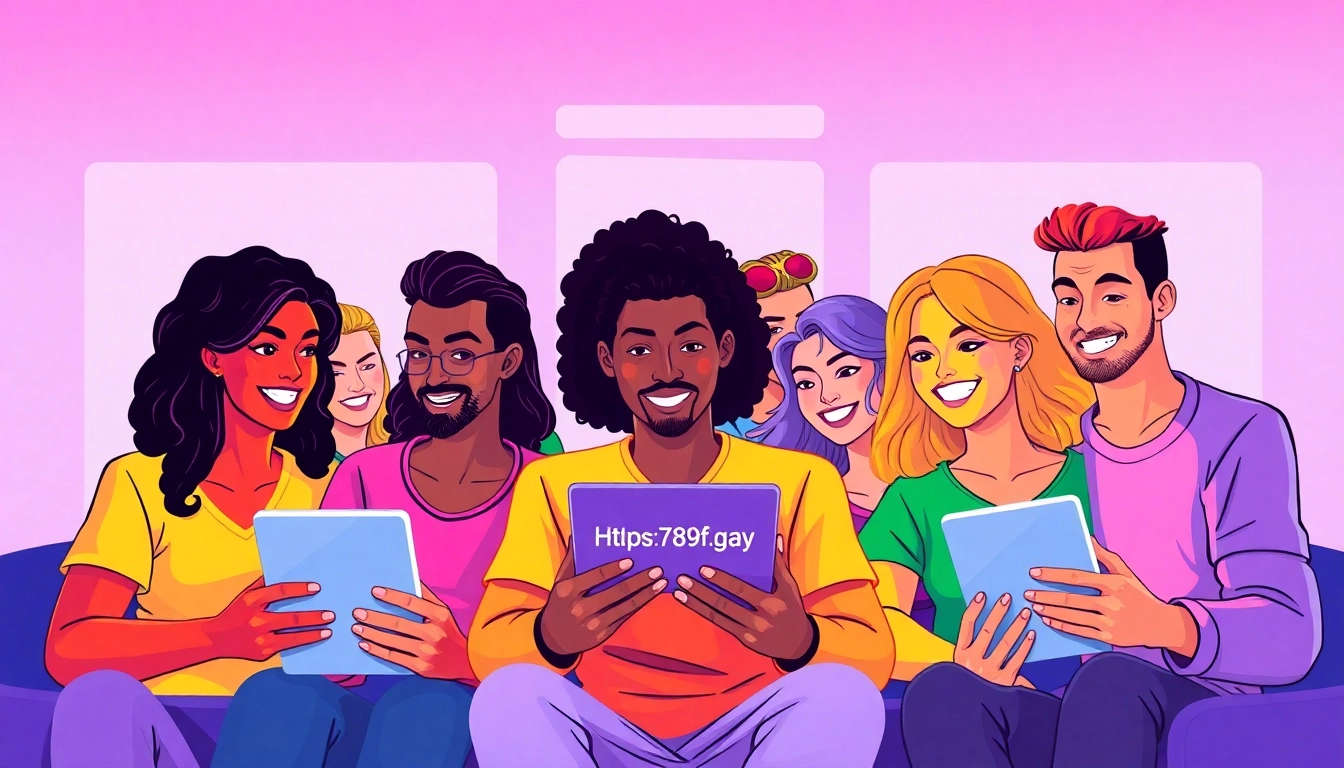Understanding Uus Toto’s Role in Cultural Heritage Reporting
Introduction to whistleblowing and its importance in safeguarding cultural sites
Preserving cultural heritage is a collective responsibility that safeguards a nation’s history, identity, and cultural diversity. However, threats such as illegal excavations, unauthorized demolitions, and illicit trade of artifacts risk eroding these invaluable assets. Whistleblowing mechanisms have emerged as critical tools in combating these issues, enabling individuals to report violations anonymously and securely. Specifically, in Indonesia, the system facilitated by platforms like uus toto plays a vital role in empowering citizens to act as guardians of cultural sites. These systems ensure that potential violations are promptly identified and addressed, fostering transparency and accountability in cultural preservation efforts.
The importance of whistleblowing in this context extends beyond mere reporting; it creates a culture of vigilance where community members become active participants in safeguarding cultural assets. In Indonesia, agencies such as Balai Pelestarian Cagar Budaya (BPCB) utilize these mechanisms to facilitate reporting of gratification (gratifikasi), illegal activities, or mismanagement related to cultural heritage sites, both movable and immovable. Encouraging public involvement not only helps deter illicit practices but also enhances community trust in governmental and cultural institutions.
How Uus Toto facilitates transparent reporting processes
Uus Toto acts as a comprehensive digital platform designed to empower citizens in cultural heritage management and oversight. Its primary function is to provide a secure, user-friendly interface for submitting complaints and reports regarding violations or concerns related to cultural sites, artifacts, and management practices. This platform operates seamlessly across multiple channels, including online forms, hotlines, and social media integrations, ensuring accessibility for a broad audience.
One of the standout features of Uus Toto is its focus on transparency. Reports submitted through the platform are logged systematically, ensuring traceability and accountability. It also guarantees the confidentiality and anonymity of whistleblowers, which encourages more individuals to come forward without fear of reprisal. The system incorporates reviewing protocols, where reports are evaluated by trained officials, and appropriate actions are taken, creating a cycle of accountability that strengthens the effectiveness of the heritage preservation program.
An integral part of Uus Toto’s operations is its communication and feedback loop. After a report is submitted, whistleblowers are kept informed about the status and follow-up actions, fostering trust and active participation. This openness is supported by real-time updates and detailed reports, reinforcing community confidence in the integrity of the process.
Legal protections and safeguards for whistleblowers in Indonesia
Recognizing the critical role of whistleblowers, Indonesian legislation provides substantial protections against retaliation and undue influence. Laws such as the Government Regulation No. 43/2021 outline the legal framework to protect individuals reporting misconduct or violations related to cultural heritage and other sectors. This legal shield ensures that whistleblowers cannot be dismissed, harassed, or penalized as long as their reports are made in good faith.
Furthermore, reporting through official channels like Uus Toto confers additional safeguards. These include anonymity options, secure data handling, and guarantees that reports are taken seriously and investigated thoroughly. The legal environment encourages active civic participation by assuring individuals that their integrity and safety are protected, thereby fostering a stronger culture of transparency and government accountability.
For culprits attempting to intimidate or retaliate, Indonesia’s legal system offers punitive measures, including fines and imprisonment, which act as deterrents. These legal protections are crucial in maintaining the integrity of heritage management and ensuring that violations are curtailed effectively.
Step-by-Step Guide to Using Uus Toto for Reporting Gratifikasi and Cultural Issues
Registering and submitting your complaint through the online form
The first step in leveraging Uus Toto is to access the dedicated reporting platform. Visitors can do this via official websites or mobile applications, which typically feature a straightforward, multilingual interface designed for ease of use. To submit a complaint:
- Visit the official reporting portal or download the mobile app.
- Complete the registration process by providing minimal personal information—primarily to enable follow-up and validation, while options for anonymity are also available.
- Access the complaint submission form, where you will describe the issue in detail—specifying the nature of the violation, location, involved parties, and supporting evidence if available.
- Attach relevant documents or photos to strengthen the report.
- Review the information and submit.
It is essential to be as specific and accurate as possible in your description to facilitate prompt and effective action.
Contact methods: Hotline and digital platforms for immediate assistance
Besides online forms, Uus Toto and BPCB provide various contact avenues to address urgent concerns or clarify procedures:
- Hotline: A dedicated telephone line is available for immediate assistance, guidance on filing reports, or urgent notifications related to cultural heritage violations.
- Social Media: Platforms like Facebook and Instagram are used to disseminate information and receive less formal inquiries or feedback.
- Email & Messaging Apps: For documented correspondence and detailed communication, official email addresses and messaging platforms are also accessible.
These channels enable real-time responsiveness, encouraging swift action especially in emergency cases, like imminent destruction or illegal excavations.
Follow-up procedures and ensuring your report is addressed
After submitting a report, the system ensures the complaint is processed efficiently:
- The report is reviewed by a dedicated team at BPCB or relevant authorities.
- The whistleblower receives updates about investigations or actions taken, unless anonymity is preferred.
- If necessary, further information or clarification is solicited to deepen understanding of the issue.
- Corrective measures, such as inspections, legal proceedings, or remediation actions, are implemented based on the report’s merits.
Transparency is maintained through regular progress updates, which are critical in maintaining public trust and preventing repeated violations.
The Impact of Community Participation on Cultural Preservation
Case studies: Successful whistleblowing leading to preservation efforts
One notable case involved the illegal excavation of a historic site in Kunti Boyolali, where a community member reported suspicious activities via Uus Toto. The subsequent investigation prevented the destruction of invaluable cultural relics and led to the retrieval and preservation of the site. This incident highlights how community vigilance catalyzed official intervention, exemplifying the critical role of active citizen participation.
Similarly, in Cabean, locals used the platform to flag unauthorized demolitions of ancient structures. Their reports prompted immediate action from authorities, resulting in the issuance of preservation orders and legal compliance enforcement. These success stories demonstrate how technology-facilitated reporting can be a potent tool in cultural conservation.
Building trust and accountability with transparency reports
Transparency reports derived from whistleblowing data often reveal patterns of violations and the efficacy of enforcement actions. When such reports are publicly shared, they build trust among the community by showing tangible outcomes of their participation. Additionally, these reports hold authorities accountable, ensuring continuous improvement in heritage management.
For instance, regular updates on the number of reports received, investigations carried out, and outcomes achieved foster a culture of openness. These transparency initiatives motivate more citizens to engage, knowing their efforts lead to meaningful change.
Incentives and recognition for active community contributors
Recognizing community members who actively report incidents or contribute to cultural awareness initiatives can foster sustained engagement. Rewards may include public acknowledgment, certificates, or community awards, affirming their vital role in heritage preservation.
Such incentives not only motivate ongoing participation but also enhance civic pride and collective responsibility in maintaining cultural assets for future generations.
Best Practices for Reporting and Engaging Responsibly
Tips for accurate and detailed complaint submissions
To maximize the impact of your report:
- Gather concrete evidence such as photos, videos, or documents.
- Describe the location precisely, including GPS coordinates if possible.
- Include detailed information about involved parties and the nature of the violation.
- Be transparent about your identity if privacy permits; otherwise, utilize anonymity options.
- Avoid assumptions or accusations; focus on factual descriptions.
Clear, comprehensive reports are more likely to lead to effective investigations and solutions.
Ethical considerations and confidentiality assurance
Respect for confidentiality and ethical reporting is paramount. Whistleblowers are protected by laws and institutional policies, which ensure that personal data remains confidential. When reporting, avoid malicious claims or exaggerations, as these can hinder investigations and damage reputations unjustly.
Maintaining ethical standards also entails verifying information before submission and respecting the rights of all parties involved.
Educational resources and outreach programs to promote awareness
To deepen public understanding of cultural heritage issues and reporting procedures, educational programs are essential. These include workshops, seminars, online courses, and awareness campaigns coordinated by BPCB and community organizations. Leveraging social media and local media further amplifies outreach efforts.
Educational initiatives demystify the reporting process, clarify legal protections, and foster a culture of proactive preservation.
Enhancing Visibility and Outreach of Uus Toto’s Initiatives
Leveraging social media and digital marketing for wider participation
Social media platforms such as Facebook, Instagram, and TikTok serve as powerful tools to amplify the reach of heritage protection campaigns. Strategic content, including success stories, informational videos, and interactive posts, encourage community engagement. Hashtags and online challenges can foster a sense of collective purpose.
Paid digital marketing and targeted advertising also help reach specific demographics, including youth or marginalized communities, ensuring inclusive participation.
Collaborations with schools, NGOs, and cultural institutions
Forming partnerships with educational institutions, NGOs, and cultural organizations extends the impact of whistleblowing initiatives. Schools can incorporate heritage awareness into curricula, while NGOs can conduct community outreach and training sessions on using platforms like Uus Toto.
Joint events, exhibitions, and heritage festivals foster a sense of shared responsibility and heighten public consciousness about the importance of cultural preservation.
Monitoring and evaluating community engagement success
To ensure continual improvement, continuous monitoring and evaluation are necessary. Key performance indicators include the number of reports submitted, resolution rates, community participation levels, and feedback quality. Data analytics tools help identify trends and areas for enhancement.
Regular feedback surveys and public reports inform stakeholders and motivate ongoing engagement, creating a sustained preservation ecosystem.


